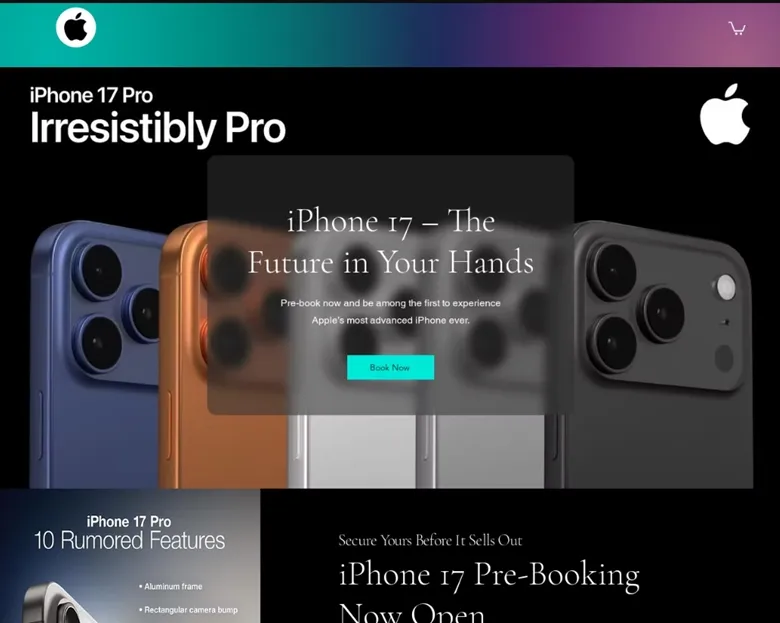
As soon as Apple announced its pre-order event for new iPhone models, Kaspersky recorded a spike in scams taking advantage of the heat from the event.
One of the common tricks is fake Apple Store websites, tricking users with offers to pre-order iPhone 17 “before stocks run out.” When customers enter payment information, the scammers steal bank card data instead of making a real transaction.
In addition, scammers also launch fake lottery programs with the promise of giving away free iPhones to winners. They ask participants to complete surveys, provide personal information (such as email, phone number, etc.) and pay a delivery or service fee. To increase persuasiveness, these scam sites even add fake comments from “users” claiming they have received the prize, making it easier for victims to believe and fall into the trap.
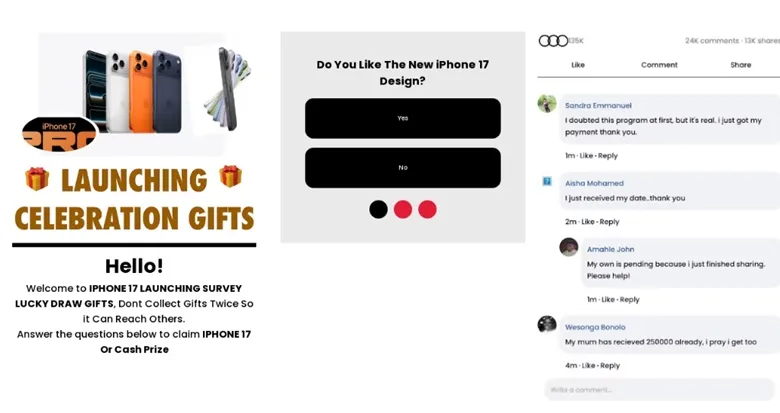
Not stopping there, the scammers also advertise the opportunity to become the “first to experience” the iPhone 17. This trick targets tech-savvy users, enticing them to provide contact information, shipping address and pay a shipping fee in exchange for an “early trial device”.
However, in reality, no product is sent. Instead, the victim will receive a series of spam emails, or become the target of the next sophisticated phishing campaign.
“Cybercriminals always know how to take advantage of the heat from major product launches, turning users' excitement into an opportunity to steal data. Phishing tricks are becoming more and more sophisticated, not just sketchy fake emails, but also websites with interface designs similar to official websites. Users need to put vigilance first, always verify information, instead of acting emotionally, to avoid becoming victims of these threats,” said Tatyana Shcherbakova, Web content analyst at Kaspersky.
Source: https://www.sggp.org.vn/bung-phat-lua-dao-khi-apple-mo-ban-iphone-17-post813777.html




![[Photo] Soldiers guard the fire and protect the forest](https://vphoto.vietnam.vn/thumb/1200x675/vietnam/resource/IMAGE/2025/9/27/7cab6a2afcf543558a98f4d87e9aaf95)
















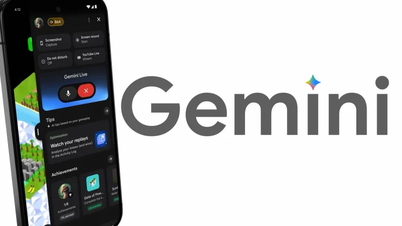



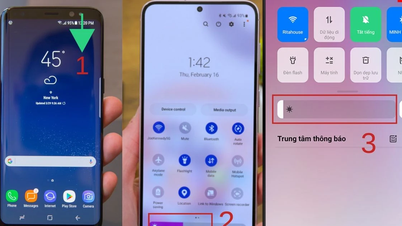









![[Photo] Prime Minister Pham Minh Chinh attends the 1st Hai Phong City Party Congress](https://vphoto.vietnam.vn/thumb/1200x675/vietnam/resource/IMAGE/2025/9/27/676f179ddf8c4b4c84b4cfc8f28a9550)




























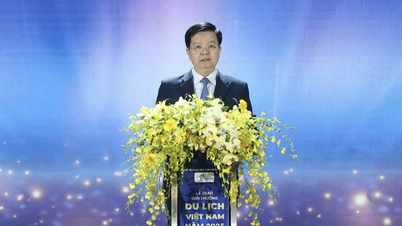








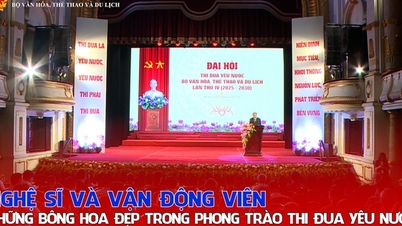











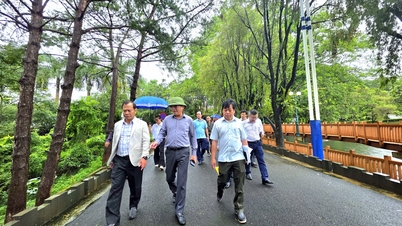














Comment (0)